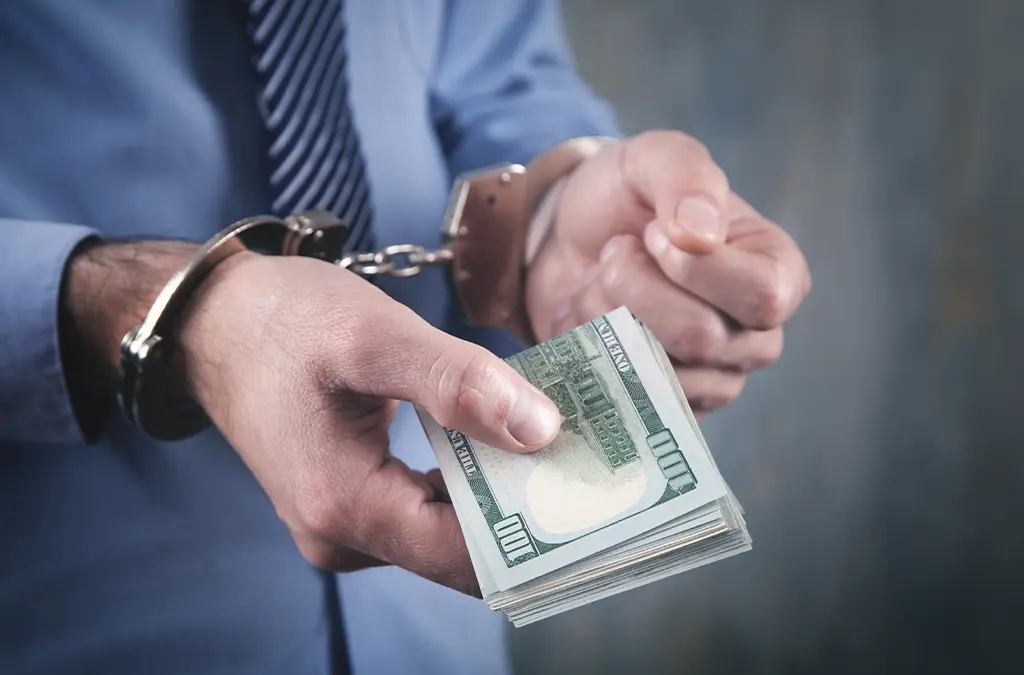You may think that you could never fall for a scam, but as criminals become more and more sophisticated, anyone is susceptible to becoming a money mule.
And if you don’t know the signs to watch out for or how to report these issues, you could lose a lot of money and possibly face legal issues as an accomplice to a fraudster.
Money mules are people criminals use to transfer or launder money they’ve received illegally. This is done in a variety of ways, but the most common scams appear as online job ads, investment opportunities (cryptocurrency schemes), prize offers, and romance/dating scams.
For instance, a fraudster may approach you through an online dating site, gain your trust by making promises, and then ask you to send them money to invest in what they deem is a great cryptocurrency investment opportunity. This is a scam.
Another common scam arrives as an email, text, or phone call from someone claiming you’ve won a prize – a large sum of cash, perhaps – and then tells you they will send you your winnings if you give them your bank account information to transfer the money. Yep, this is a scam, too.
“Money mules are often unwitting customers that are used by fraudsters to move money from victims to the fraudster. That’s why it’s important for our customers to be aware of these money mule schemes and to share these red flags with family and friends,” said Eric Goff, Vice President and Fraud Officer at First United Bank & Trust. “One major component to keep in mind: If it seems too good to be true, it probably is.”
Folks who fall for these scams can often land themselves in hot water legally, as they may appear complicit to the scam in the eyes of the law. At First United Bank & Trust, our associates are trained to watch for these types of fraud and alert customers to activity that seems suspicious.
But we also want to make sure our customers can recognize the signs to help protect their hard-earned money. Here are some tips for avoiding a money mule scam.
- Don’t pay to collect a prize or transfer money from your “winnings.”
- Don’t send money to love interests you’ve met online, even if you think they’ve sent you money first.
- Don’t listen to someone offering to get you in on a great cryptocurrency investment.
- Don’t listen to someone trying to get you to deposit money into a Bitcoin ATM.
- Don’t purchase gift cards or cryptocurrency for someone you met online or on the phone.
- Don’t share your bank passcodes, debit card numbers, PIN, online credentials, or even one-time verification codes.
- Monitor your accounts and report suspicious activity.
If you suspect you’re being used as a money mule or feel like you’ve spotted a scam, talk to your bank right away, and report it to the Federal Bureau of Investigation at IC3.gov and the United States Postal Inspection Service at uspis.gov.


